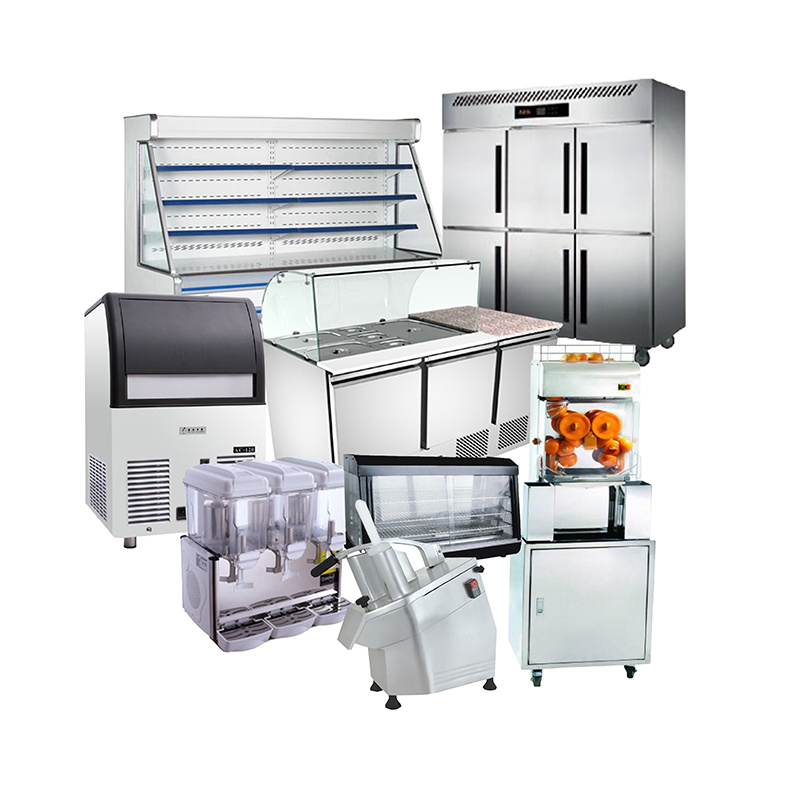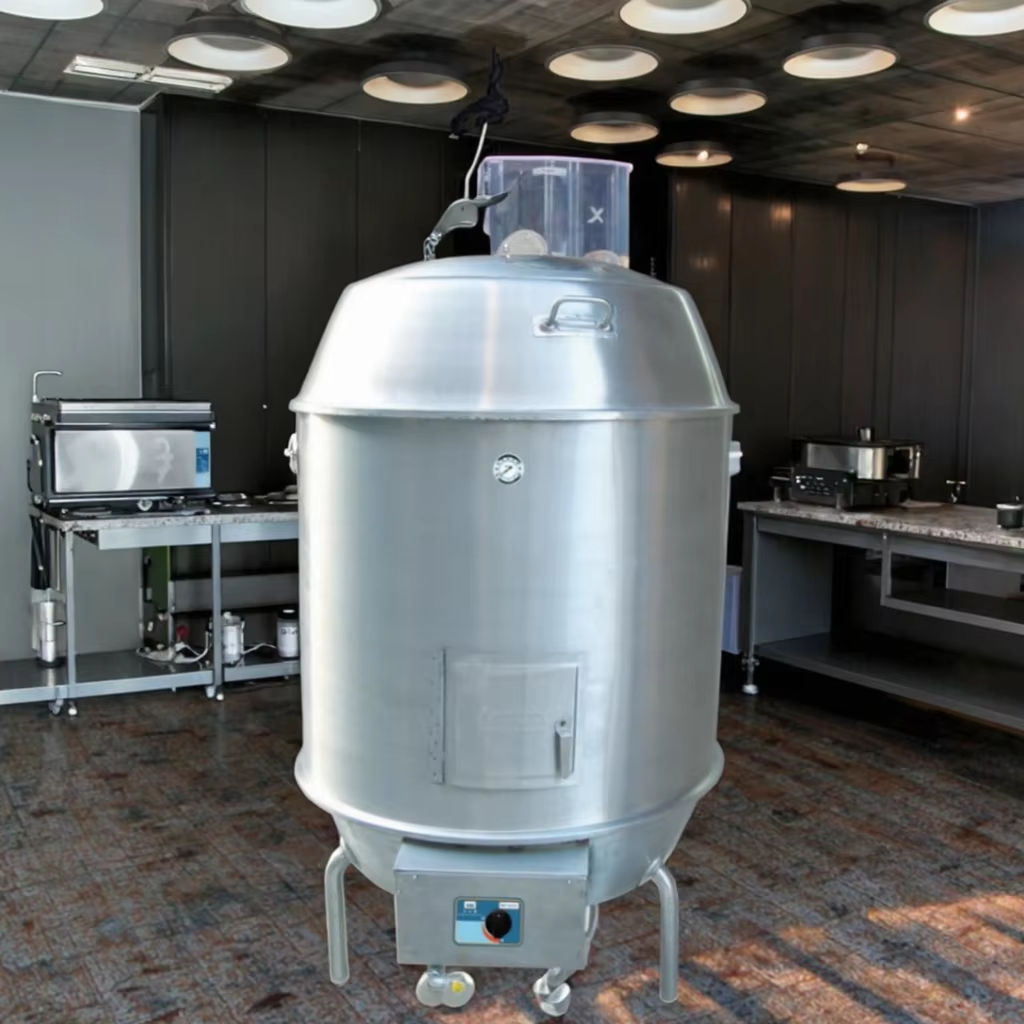Essential Guide to New Commercial Kitchen Catering Equipment
When it comes to setting up a successful catering operation, selecting the right new commercial kitchen catering equipment is crucial. The equipment you choose not only affects the efficiency of your kitchen but also impacts the quality of the food you serve. Whether you are starting from scratch or upgrading your existing kitchen, understanding the essentials can guide you toward making informed decisions.
Firstly, consider the layout of your kitchen. The design should facilitate a smooth workflow, allowing chefs and staff to move easily between preparation, cooking, and serving areas. Essential equipment such as ovens, stoves, and refrigerators should be strategically placed to minimize congestion and improve efficiency. New commercial kitchen catering equipment comes in various sizes and configurations, so assessing your space is the first step to making the right choice.
Next, focus on the specific types of equipment that will meet your catering needs. For instance, if your business specializes in large-scale events, investing in commercial-grade ovens or high-capacity fryers can significantly enhance your productivity. Additionally, consider multifunctional equipment that can serve multiple purposes, allowing you to save space and streamline operations.
Safety is another critical factor when selecting new commercial kitchen catering equipment. Ensure that all equipment complies with local health and safety regulations. Look for features such as automatic shut-off, easy-to-clean surfaces, and non-slip designs. This not only protects your staff but also fosters a safe environment for food preparation.
Energy efficiency is becoming increasingly important in the culinary industry. New commercial kitchen catering equipment often comes with energy-saving features that not only reduce your environmental footprint but can also lower utility costs. When choosing your equipment, look for energy-efficient models that can help you save money in the long run while maintaining high performance.
Another aspect to consider is the ease of maintenance and repair. Opt for equipment that is built to last and is easy to service. This can save you time and money in the future, as regular maintenance is essential for keeping your kitchen running smoothly.
Lastly, don't forget about functionality and versatility. Your kitchen equipment should be adaptable to various cooking techniques, allowing you to expand your menu offerings. Think about investing in induction cooktops, combi ovens, and other innovative tools that can enhance your culinary capabilities.
In conclusion, selecting the right new commercial kitchen catering equipment is a multifaceted process that requires careful consideration of your specific needs and operational goals. By focusing on layout, safety, energy efficiency, maintenance, and versatility, you can create a kitchen that not only meets current demands but is also equipped for future growth. A well-thought-out selection of equipment will ultimately lead to a more efficient, productive, and successful catering business.
RELATED INFORMATION







